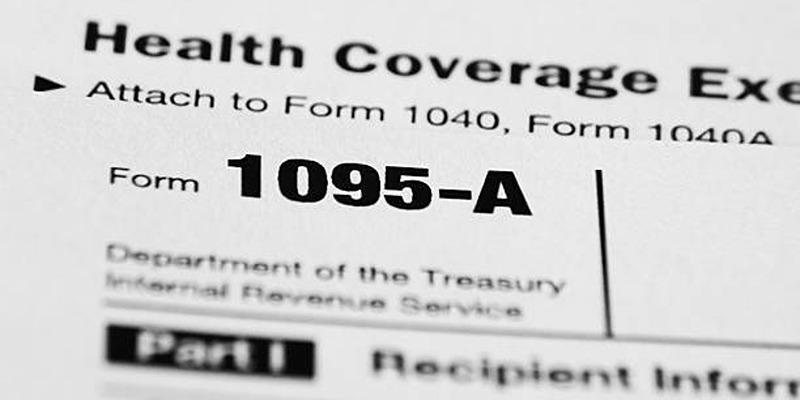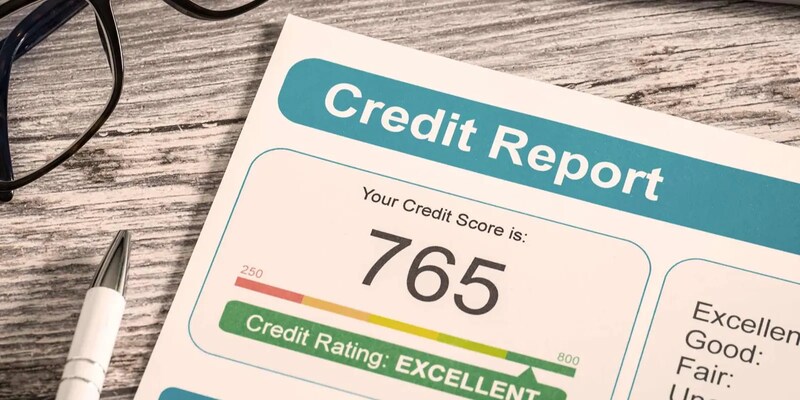In the United States, local governments rely heavily on money collected from property taxes. Public services and infrastructure, such as schools, parks, roads, and libraries, are all made possible by the funds collected through these taxes. Property tax bills can be a source of uncertainty and aggravation for many people because they are often unexpected. Property taxes are determined by adding the property's assessed value and the levy rate in the relevant taxing jurisdiction—the value the local tax assessor assigns to a property. The assessor can utilize the cost technique, income approach, or sales comparison approach to estimate the property's fair market value. The tax rate, a percentage of the assessed value, is established by the local government after the assessed value has been calculated.
Homestead exemptions for primary residences and senior exemptions for qualified seniors are only two examples of exemptions and deductions available to property owners that can help them pay less in taxes. Sometimes, special assessments may also be charged to fund infrastructure projects. Property owners must have a firm grasp of the formulas behind these assessments to budget responsibly and anticipate tax obligations. In this article, we'll examine the specifics of property taxation in the United States, including the many variables that determine tax bills.
Assessing Property Taxes: An Overview
A property's assessed value must be known to compute property taxes. The value assigned to a property by the local tax assessor. The estimated value of a property is often determined by one of three approaches used by assessors:
- The sales comparison method compares the subject property to previously sold properties in the same neighborhood.
- One way to determine a property's worth is to determine how much it would cost to rebuild the structure entirely.
- The income technique is the best choice for revenue-generating properties like hotels, motels, and office buildings. The property's worth is determined by how much money can be made.
Application Of Tax Rate

Local governments establish a tax rate based on the property's assessed value, often called a millage rate. The estimated value is used for the tax rate to determine how much money must be collected annually from property owners. A $2,000 would be due in property taxes if the property's assessed value was $200,000 and the tax rate was 1%.
Exemptions From Taxes And Deductions
A property owner's tax burden can be mitigated by the several exemptions and deductions made available by local governments. For example:
- Homeowners who occupy their dwelling as their principal residence are eligible for the homestead tax exemption. A predetermined percentage often lowers property assessments.
- Seniors who meet the age and income requirements are eligible for this exemption. As a result, the property's assessed value is lowered by a certain amount.
- Certain jurisdictions put a cap on the amount by which property taxes can increase annually, regardless of whether or not the assessed value of the property rises.
Special Assessments
Property owners may be subject to particular city or county government assessments to pay for targeted infrastructure projects. A community may decide to install additional parks and streetlights, for instance, using a special assessment. Typically, exceptional reviews are added to a homeowner's annual property tax bill and paid in equal yearly installments.
Appeals Process

If a homeowner is unhappy with their property's assessed value, they can appeal formally. In most places, an appeal must be filed with the local tax assessor's office. However, this varies by jurisdiction. If the owner believes the assessed value is incorrect, they may need to prove it.
Conclusion
Overall, property taxes significantly contribute to municipal budgets in the United States. They are determined by the property's assessed value and the prevailing tax rate in the relevant jurisdiction. Home and business owners can reduce their tax obligations by taking advantage of available exemptions, deductions, and special assessments. If a homeowner thinks their property was unfairly assessed, they can use the appeals procedure to reconsider the decision. Property owners must have a firm grasp of the property tax calculation process to keep their finances in order and rest assured that they are paying their fair share of taxes.

How to Pay Your Property Tax Bill

Unveiling the Essentials of Comprehensive Car Insurance

A Comprehensive Guide for Capital Gains Tax Exclusion for Primary Residences

Different Ways Home Buyers' Agents Earn Their Money

Understanding Form 1095-A: A Comprehensive Guide

When to Expect Your Tax Refund

Understanding Unauthorized Cards on Your Credit Report

Strategies for Managing Fixed-Income Securities

How YouTube Makes Money Off Videos

What are the Best Online Checking Accounts You Should Consider?

Summer Camp Rules And Regulations
